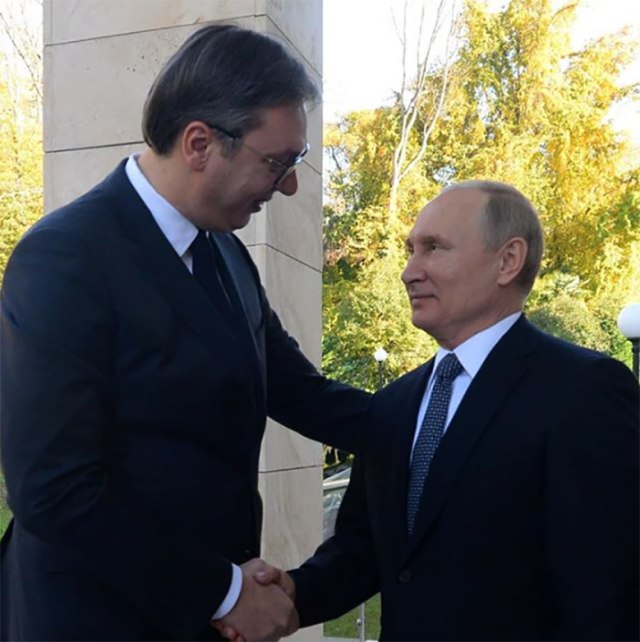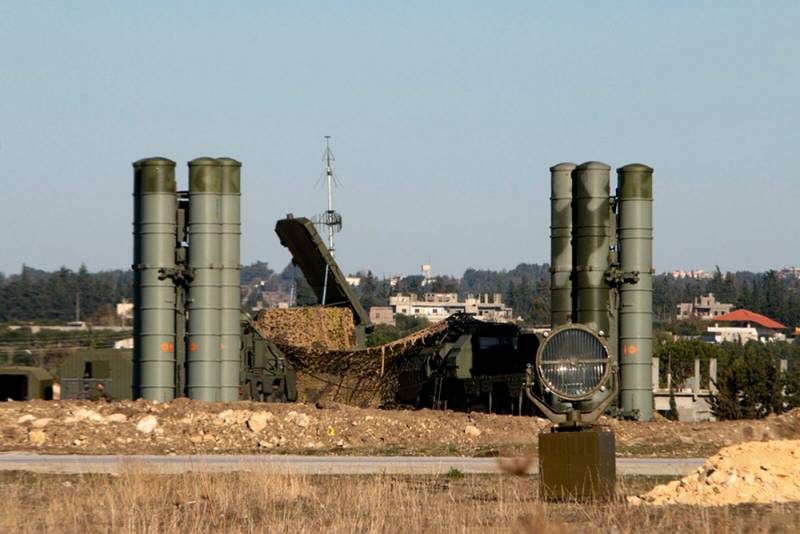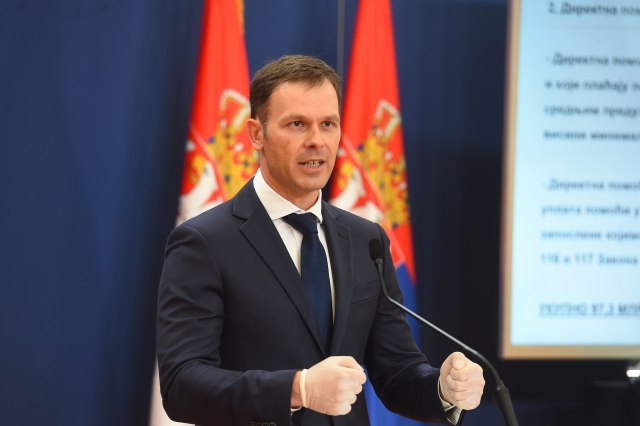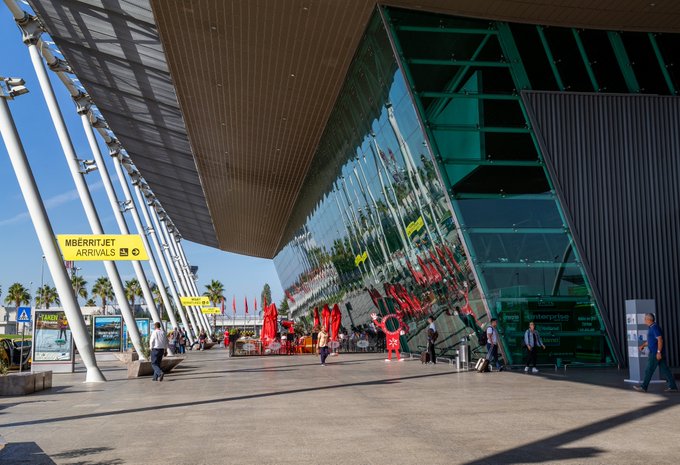SManalysis
Il Giornale
L’arrivo di aiuti economici, materiale sanitario e personale medico da parte di decine di stati stranieri nel nostro paese, oltre a dimostrare l’amicizia di cui l’Italia gode nel mondo, ha dato vita a un fenomeno che numerosi politologi hanno definito ”geopolitica della solidarietà”. In alcuni casi, l’invio di aiuti si accompagna a finalità di carattere politico e soprattutto i gesti di solidarietà (che senza dubbio apprezziamo in un momento difficile per la nostra nazione), non devono farci dimenticare responsabilità e comportamenti dei leader o dei governi nei propri paesi. È il caso del governo cinese che, al netto degli aiuti inviati all’Italia, ha responsabilità nelle fasi iniziali della diffusione del contagio e non può di certo essere preso come modello per una democrazia come quella italiana, ma anche dell’esecutivo guidato in Albania da Edi Rama.
Qualche giorno fa dall’Albania sono arrivati in Italia trenta medici, un gesto di solidarietà importante di cui siamo grati al popolo albanese ma che si è trasformato in uno strumento di propaganda eccezionale per il Primo ministro Edi Rama. Milioni di italiani hanno condiviso in buona fede il video di Rama in cui annunciava in italiano l’invio dei medici. La forma di governo in vigore in Albania è la Repubblica parlamentare, ciò significa che, come nel nostro paese, c’è un Primo ministro e un Presidente della Repubblica. Colpisce che quasi nessuno in Italia abbia citato o ringraziato il Presidente della Repubblica Ilir Meta, eppure lo stesso Meta ha espresso: “gratitudine e orgoglio per i nostri 30 medici e infermieri che daranno il loro sostegno nella regione più colpita dalla pandemia in Italia.
Questa solidarietà e questi sacrifici rafforzeranno ancora di più l’eccellente relazione tra i nostri due paesi e popoli”. Pochi sanno che in Albania è in atto uno scontro tra il Presidente della Repubblica Meta e il Premier Rama, ne avevamo parlato in un’intervista realizzata a Meta questa estate su “Il Giornale” in cui il Presidente albanese spiegava l’irregolarità delle elezioni avvenute a giugno senza la sua approvazione, rendendole perciò anticostituzionali: “in tutte sessantuno le municipalità in cui si votava hanno vinto i socialisti perché privi di opposizione come durante il regime comunista”, perciò oggi il Partito Socialista controlla il 100% del governo locale. Le elezioni sono state giudicate non regolari anche dalla missione di monitoraggio dell’OSCE -ODIHR e dal Congresso delle Autorità Locali del Consiglio d’Europa a causa della presenza di un solo partito alle urne.
I problemi democratici non sono l’unico aspetto che colpisce il governo di Rama, secondo Sali Berisha, ex Presidente ed ex Primo Ministro: “l’Albania è diventata una specie di dittatura basata sul traffico di droga, un vero e proprio narco-stato”.
Un’accusa che spiega in modo dettagliato: “la nomenklatura del partito socialista amministra e governa i singoli territori e, invece di vigilare e combattere l’illegalità, non fa nulla. Ogni anno in Albania nasce un fondo da miliardi di dollari per riciclare il denaro della droga anche grazie a una cooperazione strettissima con i cartelli del sud America. Sono tonnellate di droga esportate verso l’Italia e l’Europa, basti pensare che per l’antimafia italiana il traffico di eroina è pressoché un’esclusiva della mafia albanese. Un narco-stato non può crearsi senza la complicità e la collusione della politica”.
Berisha non è l’unico a denunciare i legami tra il governo Rama e il narcotraffico, secondo Fatos Lubonja, uno dei principali intellettuali albanesi ed ex prigioniero politico per diciassette anni durante il regime comunista: “c’è una triangolazione di potere tra il mondo politico, economico e il narcotraffico” e aggiunge: “in Albania mancano i sistemi immunitari tipici della democrazia, il potere è in mano a bande, c’è un’economia instabile e non ci sono prospettive per il futuro”. Lubonja si sofferma poi su un altro aspetto legato al riciclaggio di denaro: “attraverso le nuove costruzioni si ricicla denaro sporco con prezzi fuori mercato nonostante lo spopolamento dell’Albania”.
Chi ha avuto un ruolo centrale nell’avvio dell’inchiesta sul narcotraffico è il giornalista investigativo Basir Çollaku, direttore delle news di Shijak Tv, un’emittente privata albanese che racconta l’organizzazione del narcotraffico in Albania: “qui agiscono decine di clan che operano in modo analogo alla criminalità organizzata in Italia”.
Ci vuole molto coraggio a denunciare pubblicamente le logiche e le dinamiche del sistema albanese, non è facile compiere liberamente il lavoro di giornalista investigativo senza subire pressioni e ritorsioni, Çollaku infatti ci dice di aver ricevuto varie intimidazioni che ha denunciato alle autorità. Come racconta Petrit Vasili, già Ministro della Sanità dal 2009 al 2012 con il governo Berisha, e Ministro della giustizia dal gennaio al maggio 2017 nel governo Rama, tra i problemi dell’esecutivo c’è anche la gestione della giustizia: “Il governo Rama ha compiuto una serie di forzature inaccettabili con la riforma della giustizia, una di questa è legata all’elezione del Procuratore Generale Temporaneo. La sua elezione è avvenuta solo con i voti della maggioranza socialista che sono stati 69 invece degli 84 richiesti e, nonostante fosse contrario alla costituzione, l’Unione europea ha accettato il voto. Finché non ci sarà un vero e proprio procuratore generale, una figura potentissima nell’ordinamento giuridico albanese, quello temporaneo è sotto il controllo di Rama con tutto ciò che ne consegue”.
L’ambito giudiziario è il tema più spinoso oggi in Albania perché esiste un groviglio di nomine di persone vicine al governo che impediscono la tradizionale separazione dei poteri.
Il Consiglio Supremo dei procuratori è guidato da Gent Ibrahimi, cognato della presidente della commissione parlamentare per le relazioni con l’estero, Mimi Kodheli, ex ministro della difesa del gabinetto di Rama, mentre il Consiglio giudiziario supremo è guidato da Naureda Llagami, una persona strettamente associata a importanti figure del partito socialista. Artur Metani, fratello della deputata socialista Eglantina Germani, ex ministro del governo Rama, è stato eletto Alto Ispettore della Giustizia, una nomina è contraria ai criteri costituzionali. Non si può non citare il ruolo ricoperto da Ardian Dvorani, presidente del consiglio per le nomine della giustizia che decide l’elenco dei candidati per la Corte costituzionale; l’unico problema è che l’attività della Corte costituzionale è sospesa da tre anni.
Oggi il Partito Socialista controlla tutti e quattro poteri che dovrebbero rappresentare i pilastri di una democrazia: esecutivo, legislativo e giudiziario ed è riuscito a controllare la maggioranza del quarto potere (i media) anche attraverso alcune leggi anticostituzionali.
Tutto ciò avviene in un momento molto delicato per l’Albania con l’avvio dei negoziati per l’ingresso nell’Unione europea come ha scritto il giovane e valido opinionista albanese Nikola Kedhi in un recente articolo in cui spiega l’appartenenza della nazione balcanica alla cultura occidentale ed europea, un motivo in più per promuovere il suo ingresso nell’Unione europea, senza però dimenticare le opacità del governo Rama e pretendere maggiore chiarezza.
Rama sembra interessarsi più della forma che della sostanza; grande comunicatore, non è nuovo a iniziative propagandistiche e sembra aver creato la “Repubblica albanese delle sneakers”, tanto gli piace indossare le scarpe da ginnastica. Ambisce ad essere un Obama in salsa balcanica ma dietro la sua agenda politica liberal e favorevole alla open society, si nasconde una modalità di governo tutt’altro che trasparente e questo, al di là dell’aiuto inviato all’Italia di cui siamo riconoscenti, non può e non deve essere taciuto.













